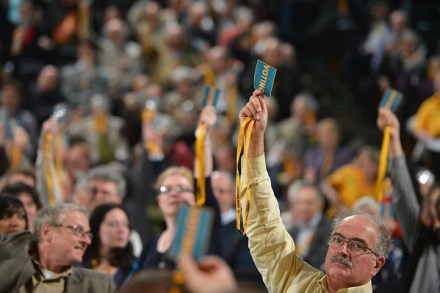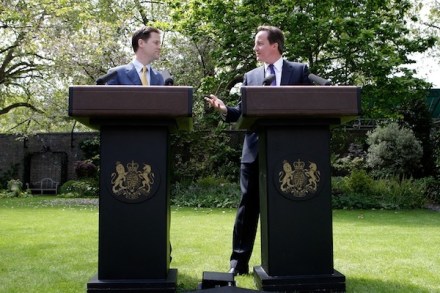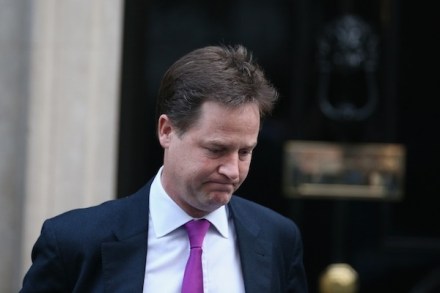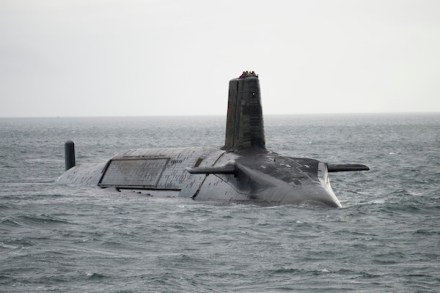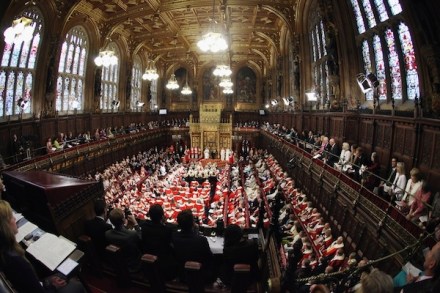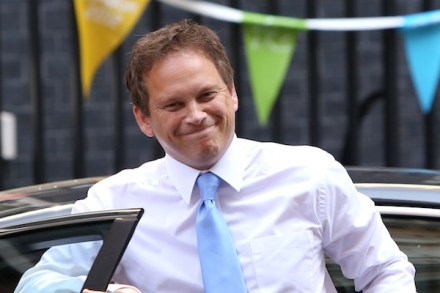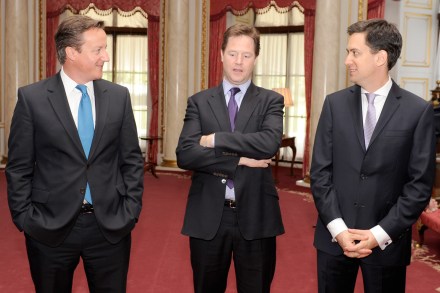The Lib Dems’ future may not be so bleak
At last week’s Corby by-election, the Liberal Democrat candidate requested two recounts. Once a formidable by-election machine, the Lib Dems were reduced to searching in vain for the 14 extra votes they required to get 5% of the vote, and so get their £500 deposit refunded. In 1935, a famous book described The Strange Death of Liberal England, a theme that has regularly been returned to in the intervening 77 years. In 1951 the Lib Dems’ predecessor, the Liberal Party, won six seats on 2.5 per cent of the national vote; in 1989, a year after the merger between the Liberal and Social Democratic parties, the Lib Dems polled 6




